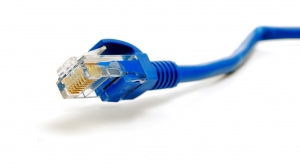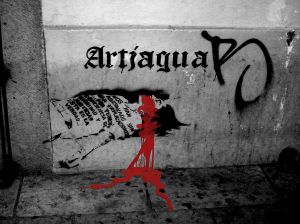Perhaps both the problem and the solution with PIPA and SOPA being so publicized is that many people didn’t realize that international legislation aimed at a plurilateral agreement among countries, on a voluntary basis, called Anti-Counterfeiting Trade Agreement (ACTA) acts in the same manner as PIPA and SOPA, but worse. This is a piece of legislation that was drafted back in 2006 by Japan and the United States and began to be signed and negotiated in 2008. But its secrecy is inherent in that it’s not talked about, not even during the January 18 internet blackout protests.
Since ACTA is a free-standing agreement that acts outside of already existing international structures, e.g. G8, WTO, WIPO, NATO, etc., the legislation is given the right to create its own governing body. It sounds dangerous, egregious, and Big-Brother-ish because it precisely is. The most salient problem, as of right now, is that there isn’t as much transparency around ACTA as there was around PIPA and SOPA.
Initially, documents were leaked on ACTA back in 2008 by Wikileaks, but people were always more concerned about the controversy of Wikileaks ad hominem rather than the content of their leaks. Then slowly, documents began to surface from other sources, including a civil liberties committee of the European Parliament, which released the entire document of ACTA in January 18, 2010—but of course the document has changed significantly from 2010 and no updated versions of ACTA have been released.
While it might seem as if ACTA is simply going after counterfeiters, the document does make provisions, quite extensive, that provide countries to actively shut down any websites that contain copyright infringement material in order to protect intellectual property. Provisions of ACTA also provide countries with stricter border patrol measures and other civil enforcement abilities that go far further than the problem with the internet’s imminent domain issues.
With the founders of Megavideo being arrested and their website taken down, it’s become blatantly obvious that governments didn’t need PIPA and SOPA. They already had legislation that provided them the ability to infringe upon the freedom of the internet. Unfortunately, in the same way with PIPA and SOPA, corporations have gathered in advisory committees to provide both financial and political support for ACTA being passed, and in secrecy.
It’s only through generating transparency that ACTA can, like PIPA and SOPA, be put to rest. Already, protests in Poland and other countries have begun to act in solidarity to the protests conducted earlier this year by the blackout their websites.
“It is extremely regrettable that democratic debate has been eliminated from talks that could have a major impact on such a fundamental freedom as free expression.”- Reporters without Borders, European Parliament Sakharov Prize Winners.
ACTA,



